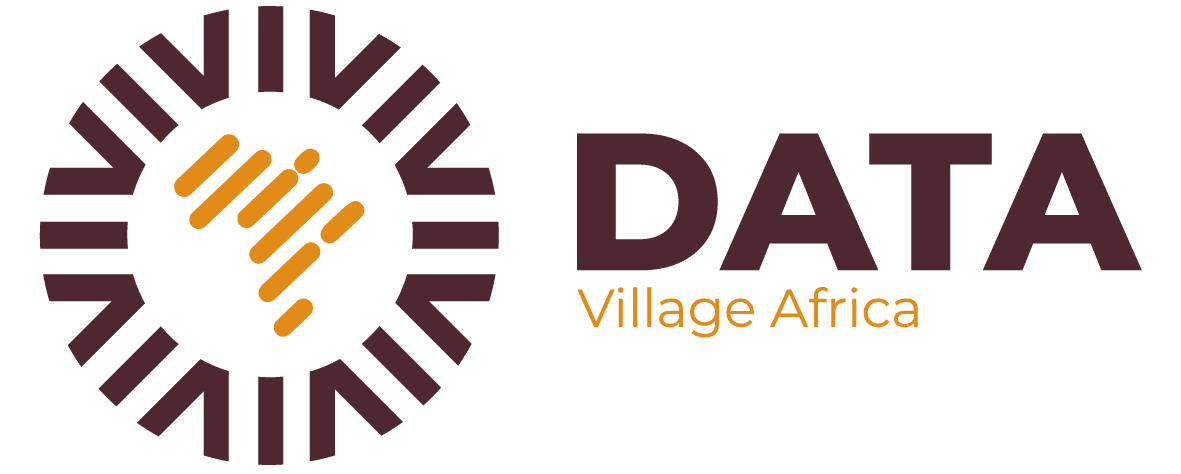Understanding Africa’s Unique Data and AI Requirements
The African continent presents a rich tapestry of cultural, economic, and social contexts that significantly influence its data and AI needs. Unlike many developed regions, Africa’s diverse demographics and regional disparities necessitate tailored approaches in deploying data-driven solutions. A key factor in this is the varied availability of data across the continent, where some regions experience an abundance of information while others face severe scarcity. This inconsistency poses significant barriers to the implementation of effective AI solutions that rely on robust datasets.
Moreover, technological infrastructure across Africa varies greatly, impacting the ability of businesses and governments to harness data effectively. Many African nations grapple with challenges such as limited internet connectivity, inadequate access to advanced computing resources, and unreliable power supply. These infrastructural limitations hinder the deployment of cutting-edge AI technologies, thus underscoring the importance of developing solutions that are not only accessible but also functional within these constraints.
The lack of skilled professionals in the data and AI fields further complicates the situation. Many organizations in Africa struggle to find talent capable of developing and maintaining localized data solutions. This shortage not only affects the efficiency of AI implementation but also limits innovation within the region. Consequently, it is crucial for stakeholders to invest in training and capacity building to nurture local expertise that can create contextually relevant applications of AI and data science.
Finally, businesses and governments in Africa need solutions that resonate with local populations. This calls for a deep understanding of the unique cultural and social dynamics that shape user behavior and needs. A focus on localized solutions is essential to ensure that data-driven initiatives effectively address local challenges, fostering greater societal impact and economic growth.
Innovative Solutions: African-Driven Approaches to Data and AI
Africa is increasingly becoming a hub for innovative data and artificial intelligence (AI) solutions tailored to local challenges. Numerous startups and initiatives across the continent are leveraging technology to address pressing issues in healthcare, agriculture, education, and governance. For instance, companies like mPharma are innovating in healthcare by utilizing data analytics to streamline the supply chain for medications, ensuring that essential drugs are readily available in remote areas. This not only improves health outcomes but also establishes a more reliable health infrastructure.
In agriculture, startups such as Aerobotics have introduced AI-driven technologies that provide farmers with insights derived from aerial imagery and data analytics. By utilizing these tools, farmers can monitor crop health, optimize irrigation, and predict yields, thereby enhancing productivity and sustainability. Such innovations are essential, especially in regions where traditional farming methods face numerous hurdles due to climate change and resource scarcity.
Moreover, in the realm of education, platforms like Andela are revolutionizing skill development by harnessing AI to train software developers. This initiative not only addresses the local skill gap but also provides young Africans with opportunities to participate in the global tech economy. These educational innovations promote greater inclusion and enable a workforce that is well-equipped to handle the challenges of an evolving job landscape.
The importance of collaboration in fostering a local ecosystem for AI development cannot be overstated. Partnerships between technology companies, educational institutions, and non-profit organizations are critical for driving innovation. Initiatives like the African Innovation Challenge promote such collaborations, urging stakeholders to work together toward sustainable solutions. This collective approach ensures that technology is developed with community involvement and inclusive practices at its core, paving the way for established solutions that empower not just the present, but also future generations.

